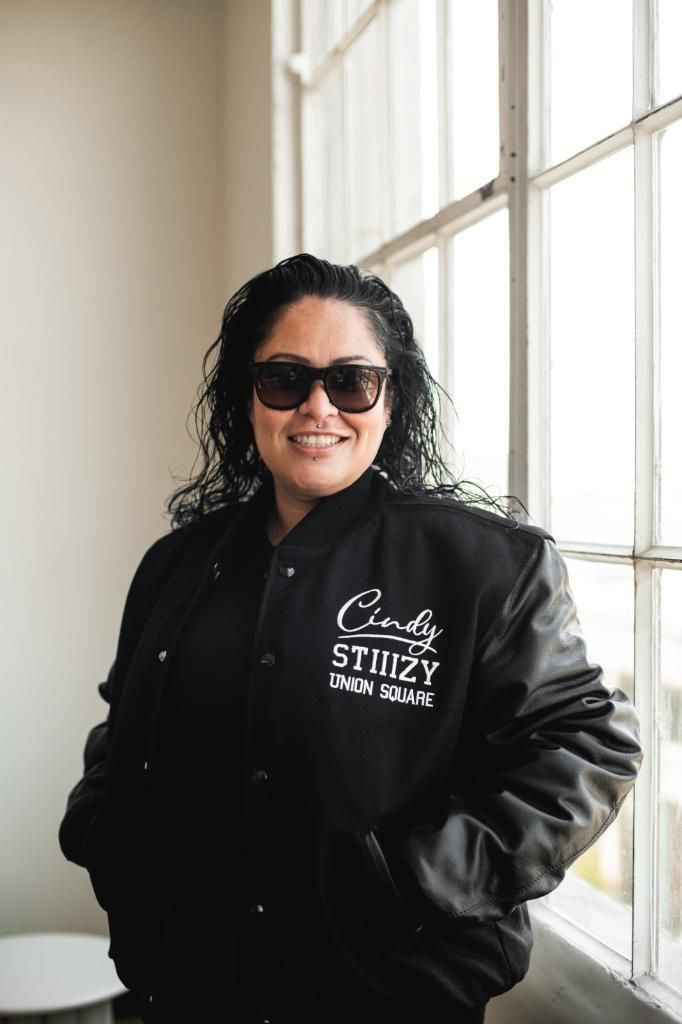Cindy De La Vega | CEO | Stiiizy | San Francisco, California
What does equality in the Cannabis industry mean to you?
Equality in the Cannabis industry means that Cannabis businesses represent the community, and people of color have a chance to compete in a market dominated by corporate executives and big money. For instance, SF is made up of many different Latinx communities, and the people in those communities should see someone like them in a position of power and ownership.
What needs to change about the Cannabis industry as it relates to equality/equity?
The California government and voters need to realize that equity programs really work – myself and many others here in the Bay Area are living proof. So it’s crucial for states and cities to promote programs with grants and licenses that can help us get a foothold in the industry, and allot continued state funding to support future applicants and the hardworking city government employees who support them.
As federal repeal comes closer into focus, big industry players can’t forget all of the deserving people most affected by the War on Drugs that need a seat at the table – and opportunity to grow.
What is the Cannabis industry getting right in terms of equality and equity?
I believe that the equity program is one way that equity is being established, however imperfect the process may be. Not only does the Office of Cannabis facilitate business licenses through the program, but also helps advocate for equity partners in challenging situations, such as with their investor partnerships.
Another important piece is the work being done by grassroots organizations like the San Francisco Equity Group, which is a coalition of verified equity applicants who are also community leaders and advisors, including myself. We aim to improve and expand on the opportunity for as many equity applicants as possible, showing that the program can work, leading by example, and helping communities across the country secure ownership in the Cannabis industry.
Ultimately, our goal is real ownership and sources of security for people most affected by the War on Drugs – not only themselves but their families, communities, and generations to come.
Can you give us an example of something equitable you’ve seen happen in the Cannabis space?
I have benefited from the city government’s grants to help defer expenses we’ve incurred through these last four challenging years. I am so grateful for those grants because as a retail licensee, I can continue to provide high-quality, healing products with the education on how to use them responsibly and safely.
What challenges are facing the Cannabis industry in terms of equality and equity?
The industry needs to provide more training opportunities for equity partners and their employees, in all areas of the business. Collectively, there are enough resources among bigger brands and investors to put together well-designed, free training seminars – but there aren’t many companies investing in these types of programs.
This is where the equity program can fall short, due to the fact that it is under-resourced. The program provides the opportunity but doesn’t provide the tools and skills necessary for success. Without proper training and education, equity partners become vulnerable to investors who may not have the intention or capacity to fill in those gaps, and therefore may take advantage.










